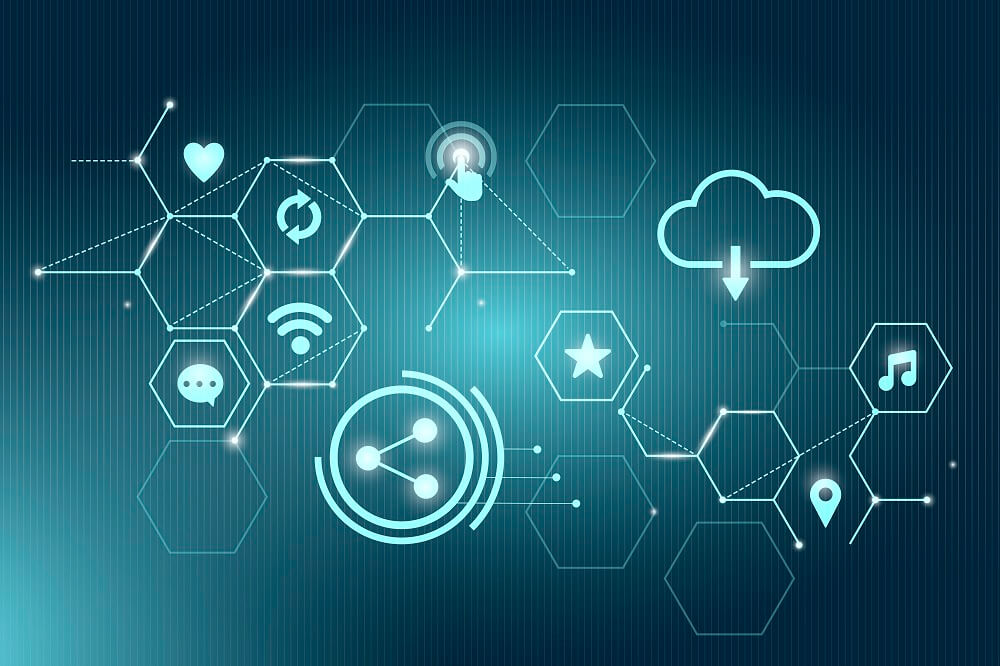The advent of the Novel Coronavirus has disrupted the technology space in unprecedented ways and has accelerated digital transformation exponentially. Here are some phenomenal tech-trends to look forward to in the coming year, 2021.
5G will soar in 2021
The wait for 5G will finally be over in 2021. The early arrival of 5G is one of the positive impacts of the COVID-19 crisis. The demand for a fast and reliable connection has increased abruptly in recent times as companies had to adopt work from home at scale and for an indefinite period. As video conferencing and connected devices are becoming the new normal, the telecommunication industry has been well aware of the growing necessity for 5G.
Also, 5G will be very important for the further evolution of IoT. Nearly 51% of companies that are using IoT have been able to gain real-time insights into customer behaviours, preferences, and needs. Therefore, in all likelihood, the value of IoT will go through the roof in 2021 (Ishir).
The demand for Ethical AI will continue to increase
One of the most disruptive technologies of the digital age, artificial intelligence, is certainly growing exponentially with the passage of time. However, the notion of cultivating consciousness in machines still makes people uncomfortable. For instance, some of the most-widely used AI in current times are in the form of virtual assistants like Alexa and Siri. These technologies have led to the development of another disruptive technology – Natural Language Processing (NLP). AI also plays a major role in big data analytics, automated facial recognition, and faster decision making.
So, while AI algorithms are trained to produce human-like results, what is the definition of human-like? If the answer is a machine thinking like a human, then the actions include all the myriad considerations that influence human decisions. When a human can make errors and biased decisions, then how can a machine designed to mimic human-like decisions be trusted?
To get a clear picture, consider a system built to measure how happy a person is, based on their facial characteristics. For this, the system needs to be trained in numerous demographics like race, gender, age, etc. Let’s say, the system makes a decision based on the input. Yet, how can the system be taught the meaning of true happiness as it varies from one individual to another? As any system is built based on the opinions or choices of the researchers involved, in all probability, the AI system will be as biased as its inventor. This also means creating an entirely neutral system is practically unachievable. Consequently, the increase in need for ethical AI.
Machine ethics is the process of building AI machines with moral behaviours, so that AI systems respond to any situation in an ethical manner. For example, a robot behaving in a way that it would fit into the ethical framework of the society it is operating in.
Customer Data Platforms (CDP)
Customer Data Platform or CDP is a repository of software programs that generate a persistent, integrated customer database and provides access to other systems. The data is collected from multiple sources, cleansed, and collated to create a single customer profile. After this, the structured data is provided to other marketing systems. Over the last few months, there has been an unexpected upsurge in the use of customer data platforms (CDP), as they enable businesses in operating efficiently.
According to a recent analysis, almost $3 trillion is getting wasted due to bad data (Ishir). Hence, companies are striving to find a suitable solution to this issue. CDPs aims to help organizations address this pressing issue strategically and tactically.










